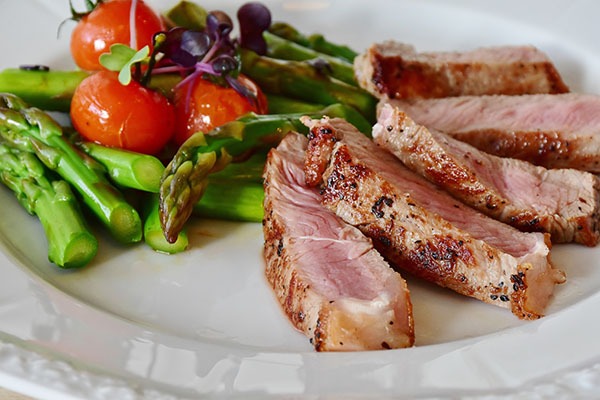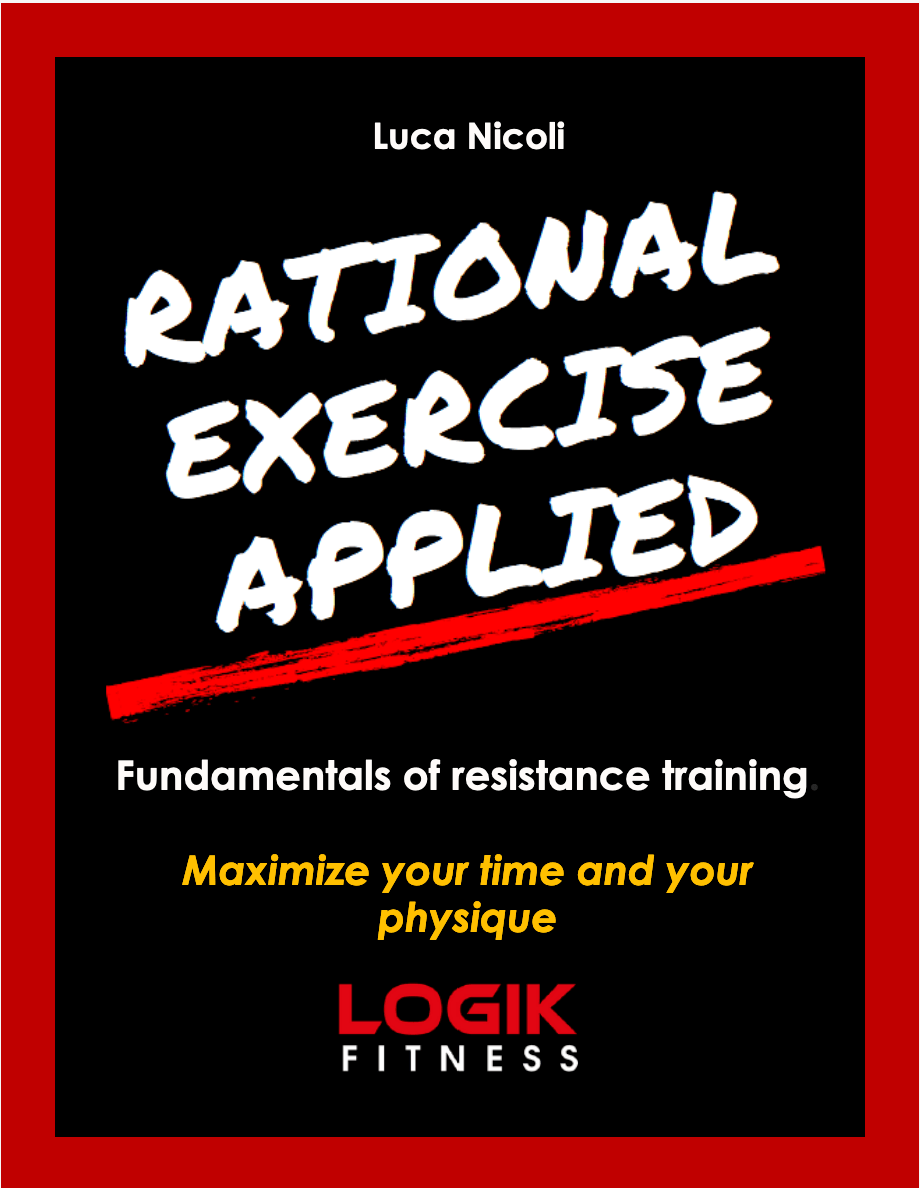You took the first step, you got a gym membership and started working out on a regular basis. The next step for you to understand is that your relationship with food is fundamental. Physical activity is only one part of the equation and diet can’t be ignored. Exercise and nutrition go hand in hand and it is recommended that you optimize your diet by following a customized nutrition plan to fulfill your specific needs and ultimately accomplish your goals.
Often times you may find excuses for deliberate binge eating and poor dietary choices, resulting in your physical efforts being wasted. The fact that you are more active at the gym and burn more calories doesn’t mean you can eat whatever you like.
Unfortunately, abs are made in the kitchen!
Food and nutrition play a huge role when it comes to successfully achieving your fitness goals – body re-composition, fat loss, muscle gain, or increased energy and performance. The food you eat will have a massive impact on the final outcome of your goals.
The significance of dieting is often misunderstood and you may think it is a boring process that is specifically geared towards weight loss, or is hard to follow and has very strict rules. It doesn’t have to be considered as such.
With the right guidance, dieting should be interpreted as:
- Sustainable
- Enjoyable
- Effective
- Instructive
- Long term investment for health and longevity
It should be viewed as a strategy to achieve your most desired goals and feel great every day. Your dedication in the kitchen will determine the end result: success or failure.
Important points for following a nutrition plan:
There are multiple reasons as to why you should pay attention to what goes in your plate. Here are four important points to keep in mind when following a nutrition plan.
- Calories are not the same.
Tracking calories is a good (and important) habit to have especially if you are trying to lose fat. But calories are not all the same, and we need to know that different foods, with the same number of calories, have different characteristics. A clear example is this: 100 calories from zucchini are very different from 100 calories from bread and they interact with your body in different ways. Vegetables have very different peculiarities from grains and this will make a difference once we ingest a particular type of food.
My recommendation: choose whole foods that are high in dietary fibres and with a high density of nutrients (i.e. vegetables, quality animal protein, healthy fats, etc.) instead of processed and packaged food, which are low in nutrient density.
| Eat – Whole foods | Avoid – Processed foods |
| Leafy green vegetables | Wheat/grains |
| Low glycemic fruits | High glycemic fruits |
| Eggs | Dairy foods |
| Meat | Legumes |
| Wild Caught Fish/shellfish | Vegetable oils |
| Starchy roots (cassava, taro, yams) | Cured meats |
| Nuts | Deep fried |
- Quality food is equal to quality results.
The quality of the food you eat is just as important as the calories you eat. Modern foods lack important macro and micronutrients due to massive agriculture and intensive farming methods. For instance, farmed salmon or corn-fed beef not only miss important nutrients such as vitamins and fatty acids, but their nutritional profile is completely skewed and out of balance and can lead to chronic inflammation.
My recommendation: consume pastured animal products, wild caught fish, and grass fed beef.
- Food acts as hormones.
Keep in mind that once you digest and absorb the food you eat, it triggers different hormonal reactions. Carbs and sugars will stimulate insulin production and an immediate insulin spike, allowing the cells of the body to absorb the glucose needed for energy metabolism. At the same time, high amounts of fats and protein will trigger leptin, glucagon and growth hormone, making you feel more satisfied and alert. These are just a few examples but there are literally thousands of these processes.
My recommendation: make conscientious choices when you prepare your meals, pick the best sources of carbs with a lower glycemic index, and consume high quality protein/fats.
- Track your calories
It’s so easy to overeat high caloric foods, full of unnecessary calories. I’d recommend the use of an electronic scale and a phone app to track your daily meals.
Every bite you eat could make a big difference and jeopardize your overall caloric intake, which can negatively affect your desired goals. Prepping your meals can make the job very easy and you’ll get used to it quickly. Do not forget: being consistent is key.
There are so many diets and ideas out there; it is important to specify that not all of them are valuable or the solution that you are looking for. Your body is unique and you need to understand what is best for you. In my opinion, evolutionary diets such as the paleo diet, the zone diet, keto, etc. are the most effective. You need to practice on yourself, see how your body feels and how it performs under stress.



Recent Comments